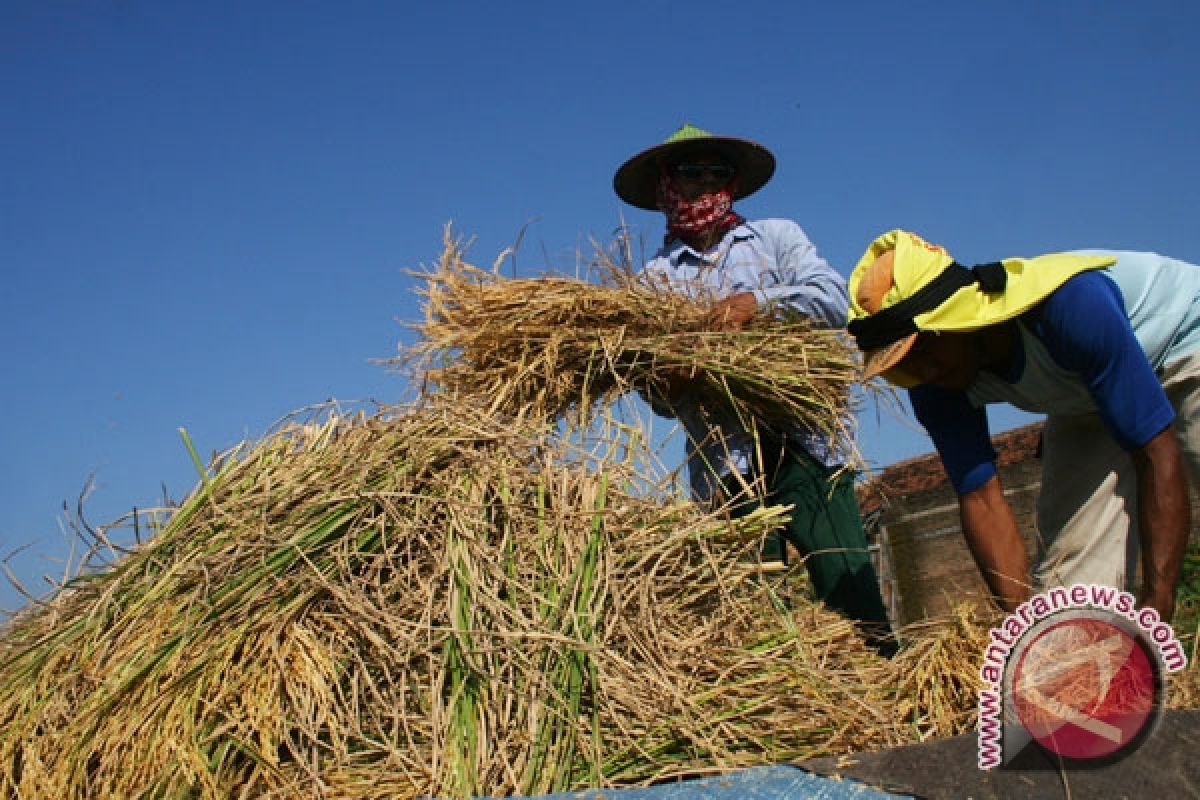"Weak role of the state in the system of food distribution will cause price fluctuations of some strategic commodities," Henry Saragih said.
He said the fluctuations would follow the market mechanism which has a potential of scarcity of several commodities at certain times such as in Ramadhan fasting month and Lebaran festivity.
According to him, it would trouble most of members of the community, especially the low-income group who averagely spent around 73 percent of their income on food commodities.
Henry also deplored the State Logistics Agency (Bulog) which, in his opinion, no longer played a role in controlling the national food availability.
"Since the beginning of its establishment, Bulog is one of the implementing instruments of national food policy but its role continues to experience ups and downs and its function continues to be restricted," Henry said.
He added that the restricted function of Bulog has been seen since the agreement of the Letter of Intent (LoI) with International Monetary Funds (IMF) in 1998 which gave a wider opportunity to private institutions to import rice.
According to him, the wider opportunity for the private parties to import rice has made food distribution getting weaker, especially following the increasing integration of national food trade with international markets.
Therefore Henry said the Indonesian Farmers Federation wanted the government to immediately a long term policy which could effectively
suppress the rate of increase in rice prices and other basic commodities.
Meanwhile, chairman of House of Representatives` Commission-VI, Airlangga Hartarto suggested that the government buy the rice from local farmers instead of importing it to meet the national rice stocks.
Airlangga said the government has imported almost 2 million tons of rice in the first semester of this year.
(Uu.O001/H-NG)
Editor: Priyambodo RH
Copyright © ANTARA 2011












